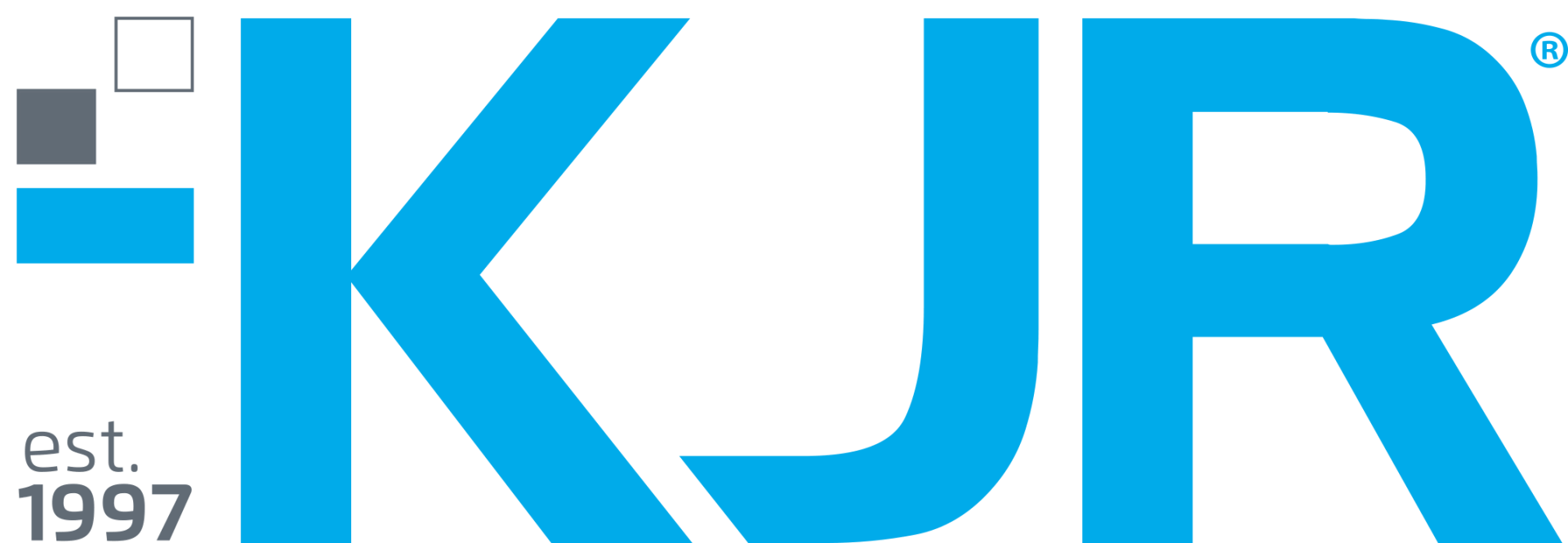Not a Ninja! How gendered language can influence job applications
This article was originally published on Mumbrella and further discussed during the Women in Digital panel at Pause Fest 2017.
According to 2016’s Digital Pulse report, Australia will need 100,000 more technology professionals by 2020. With only 1 woman for every 4 ICT graduates, employers must do everything they can to attract female applicants and build diverse technology teams.
As the ‘war for talent’ persists, particularly in technology, leading organisations are fighting for your attention, competing to ensure their message is the loudest and most compelling so that you decide to work for them.
If you read the sentence above and found your mouse hovering over the back button, you’re probably a woman. Pick the sentence apart and you will find 5 ‘masculine-coded’ words and no ‘feminine-coded’ words according to the 2011 paper entitled “Evidence That Gendered Wording Job Advertisements Exists and Sustains Gender Inequality.”
If you’re a woman in technology, no doubt you’ve scrolled through countless job roles advertising for “ninjas”, “bad-asses” or “rock stars,” all widely considered to have more masculine connotations. In fact, according to Indeed’s Job Trends database, the word “ninja” soared in popularity in 2016, increasingly appearing in job postings by almost 70%.
Unknowingly using masculine wording in job advertisements has been shown to impact how job-seekers think about an employer’s gender diversity and it turn, this leads to less interest and fewer job applications from women.
It’s an easy mistake to make and it’s one I made myself.
Struggling for several months to recruit a “General Manager”, I searched instead for a “Leader of Magical Digital People” and found my unicorn. My male unicorn.
Compared to my first attempt where 33% of applicants were women, my second attempt attracted a lot more interest but only 9% were female.
Although targeting the right audience in terms of relevant skills and experience and eventually securing a great candidate, the new job ad had inadvertently shut out an entire gender using words like “confident,” “authoritative,” and “leader.”
More feminine words such as “connected”, “collaborative” and “enthusiastic” would have also described an ideal candidate but were unconsciously overlooked.
More and more organisations, including my own, are committed to building diverse teams that are more productive and make better decisions but gendered language is holding them back.
Here are three easy steps you can take to ensure your recruitment messaging avoids gender-bias.
1. Use a word decoder.
There are a number of great resources available to decode your job ad and ensure it is more gender neutral. “The Gender Decoder for Job Ads” was built using the 2011 study and you can copy and paste your entire advertisement for analysis. Textio is another great tool that uses advanced machine learning to predict whether your job ad will perform well amongst a diverse audience.
2. Uncover your own unconscious bias.
Is the language you use reflective of your own unconscious bias? Facebook recently open-sourced their Unconscious Bias training. Use it to reflect or start a conversation with your colleagues about how understanding and managing unconscious bias can ensure a more diverse and inclusive hiring process.
3. Get a second opinion.
If you’re not sure whether your job ad will be appealing to females, ask for feedback. Find a group of peers who will give you an honest opinion on whether the language is neutral or gender-biased.
Rebekah Di Blasi is Head of Talent & Culture at KJR.








